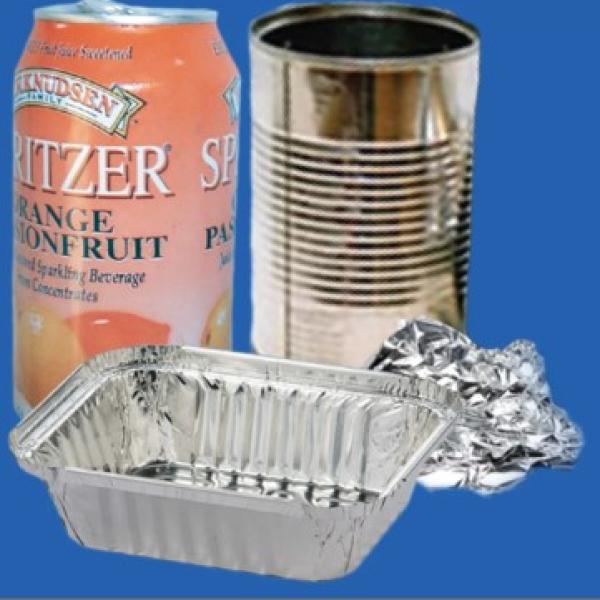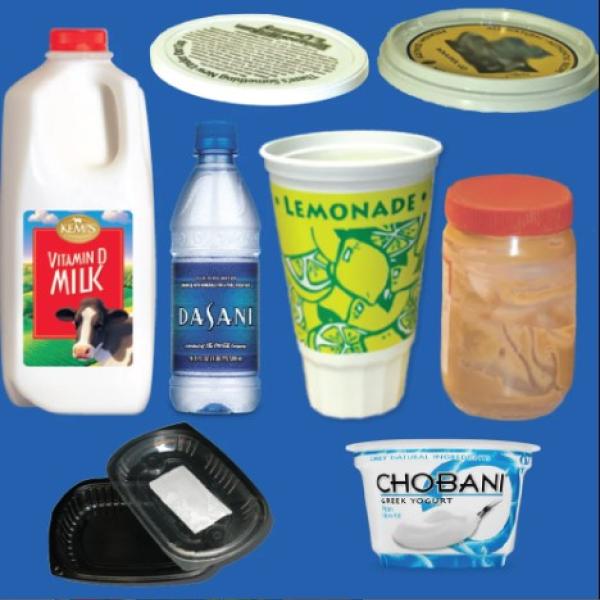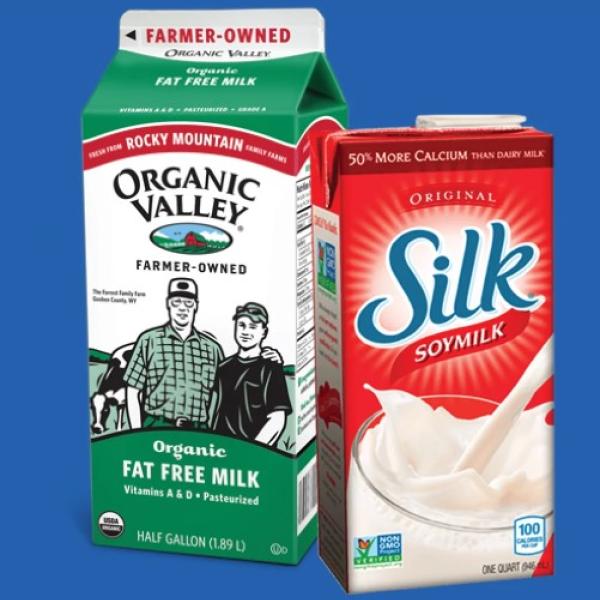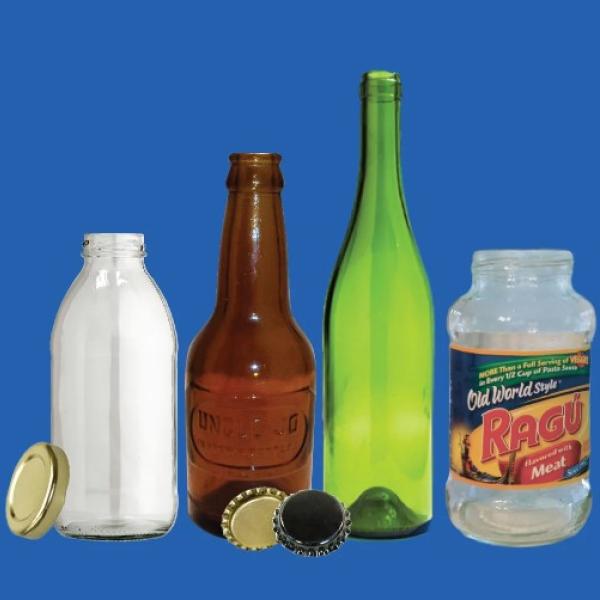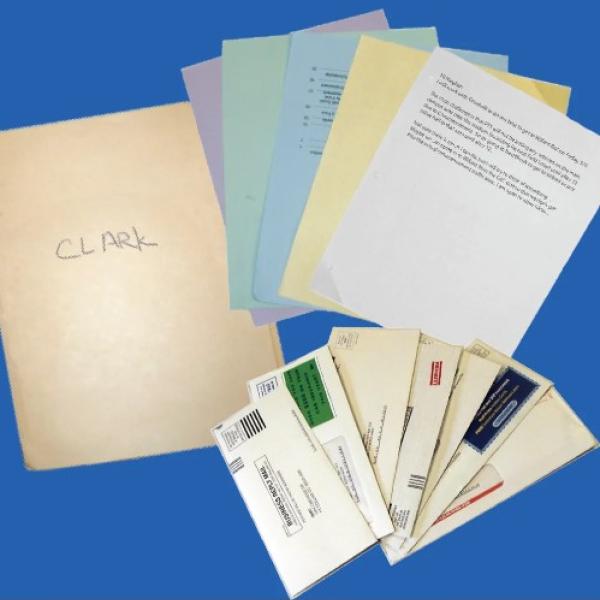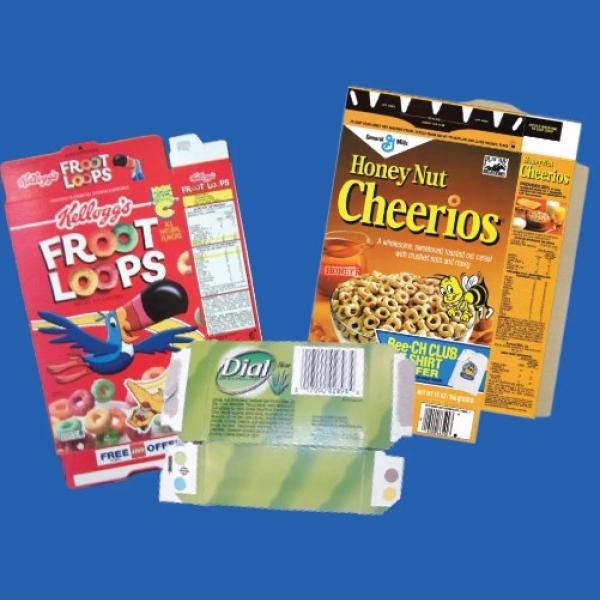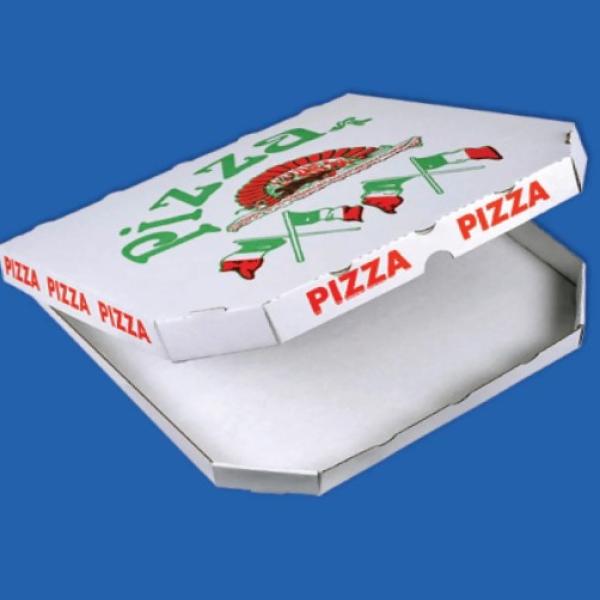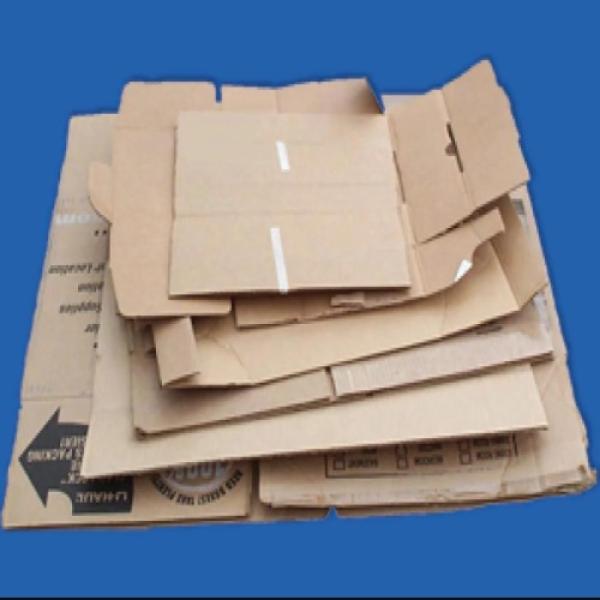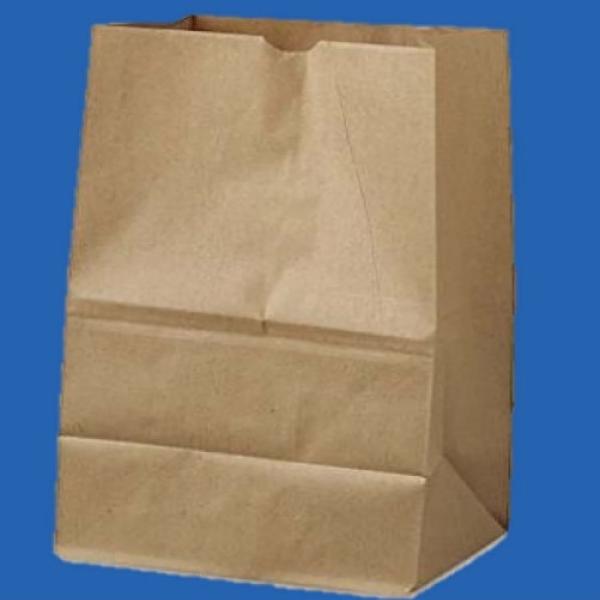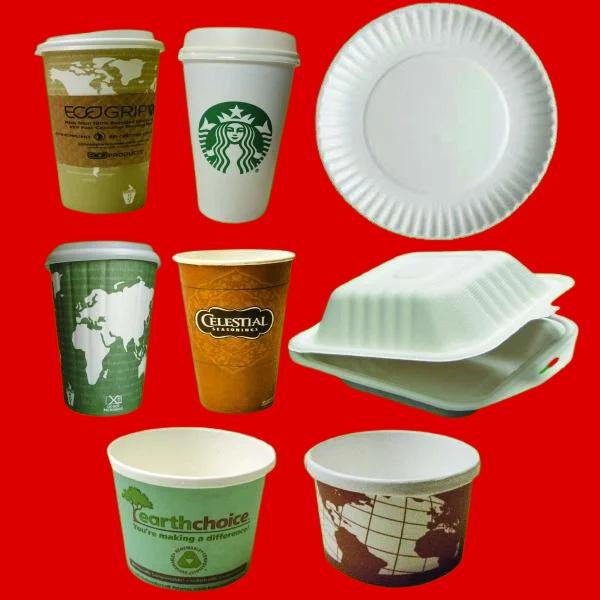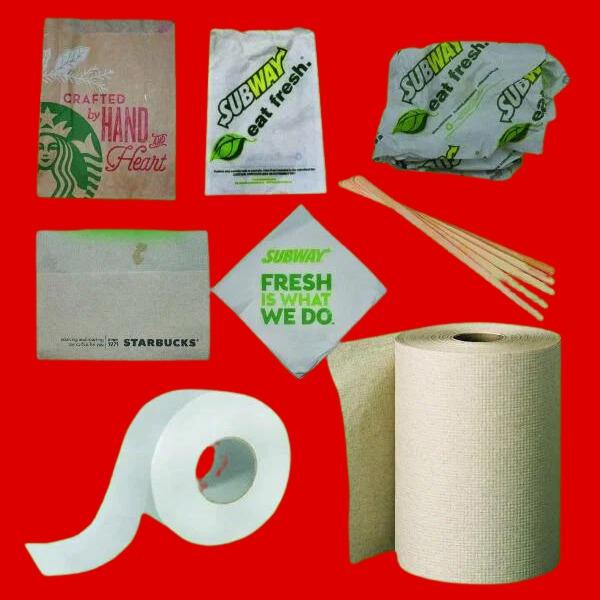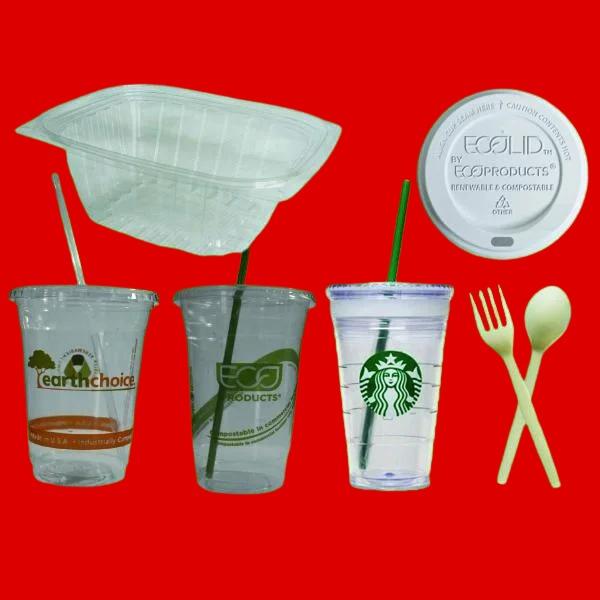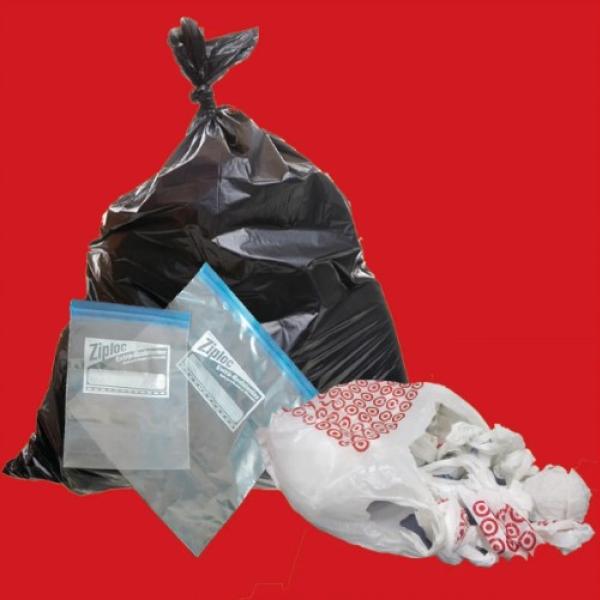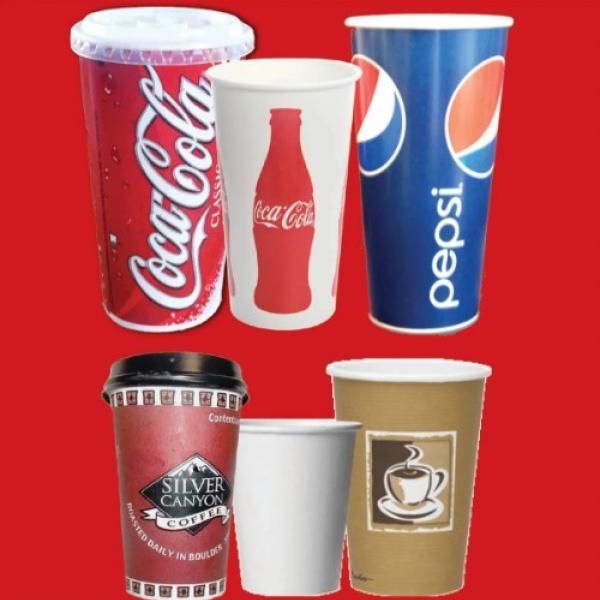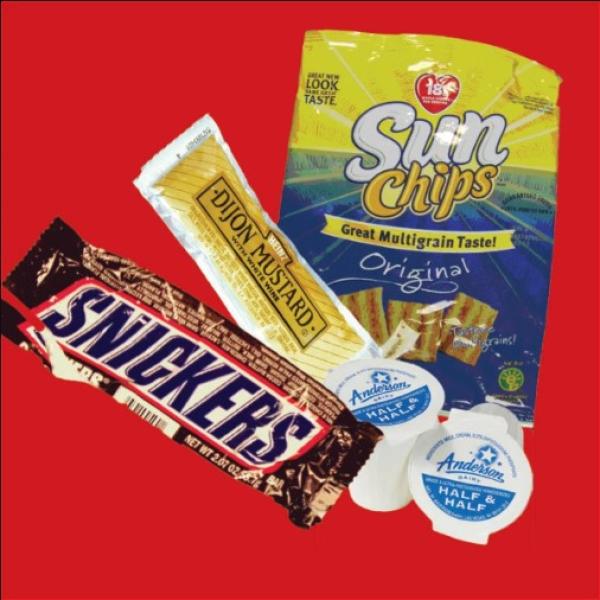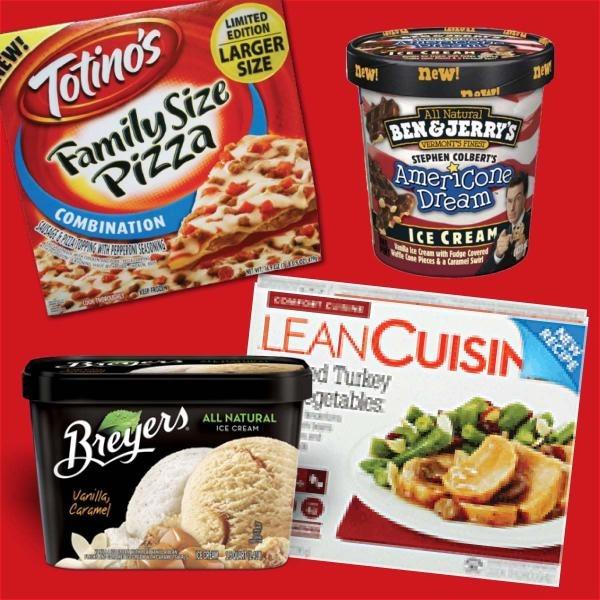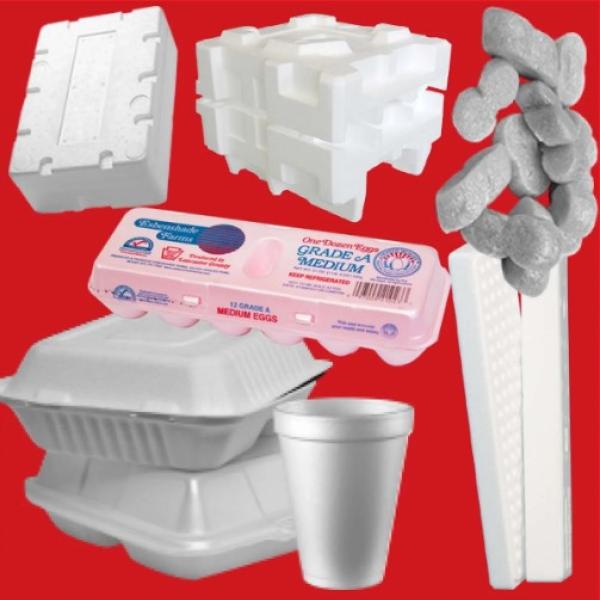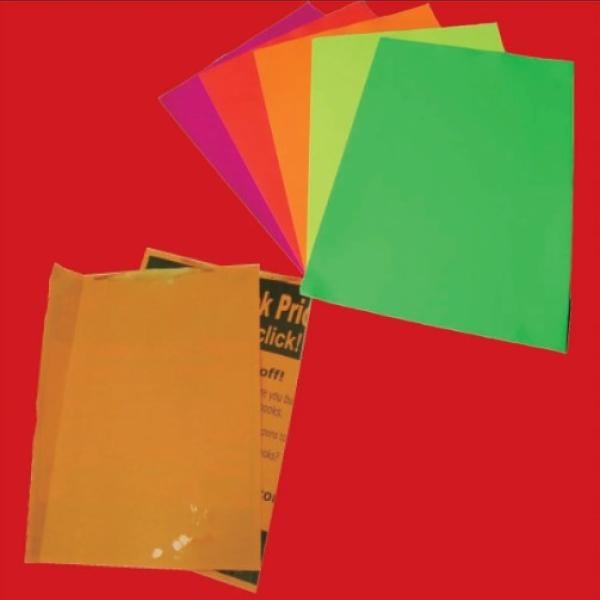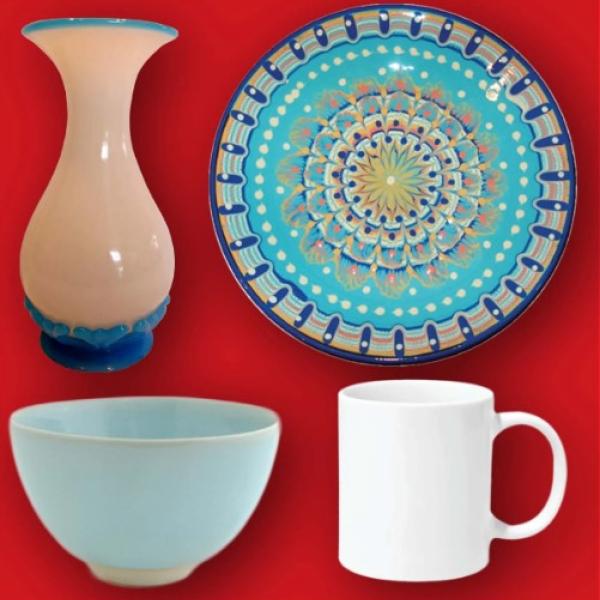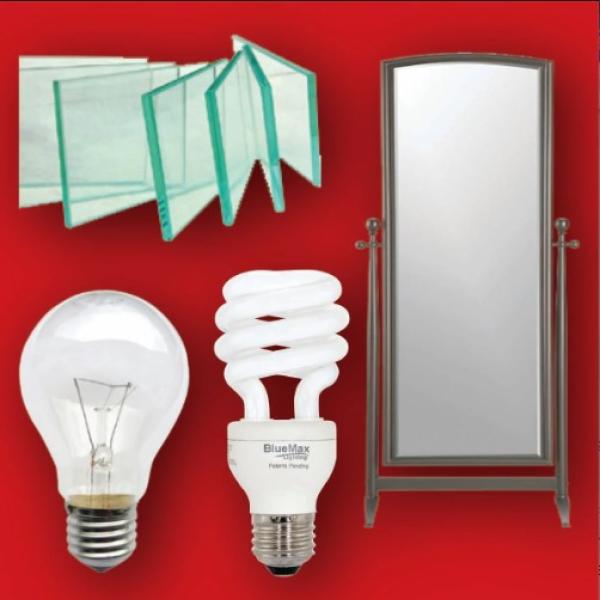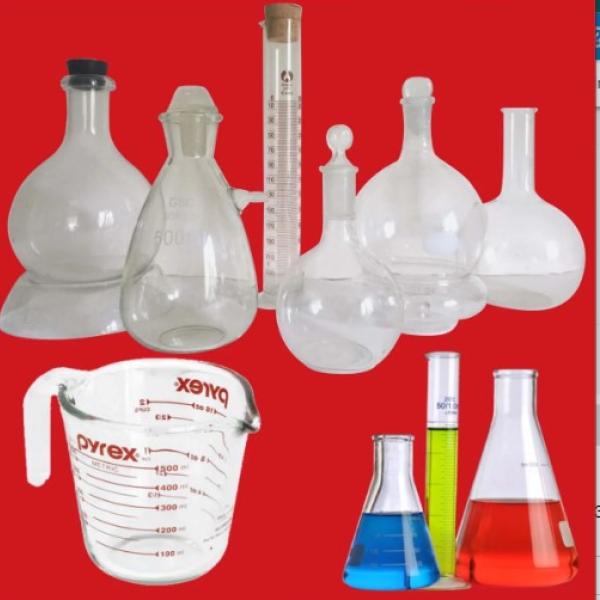Materials for Recycling
Acceptable Materials | Hard to Recycle Materials | Unacceptable Materials
Here is a go-to guide for how to dispose of acceptable recycled materials, hard-to-recycle materials and unacceptable materials that can only go to the landfill.
Acceptable Materials
Containers
- Thin plastic lids that come on trays cannot be recycled.
- Remove food and crumple aluminum foil into a ball (preferably 2" in diameter).
- Empty fluids from aluminum cans before recycling them.
- Leave cans uncrushed.
- Empty all liquids and screw all caps back on.
- No food.
- No compostable (PLA #7 ).
- No film plastics (i.e. plastic bags, candy wrappers, chip bags).
- No Solo cups (#6 PS).
- No styrofoam (#6 EPS).
- Empty out all liquid.
- Does not include paper cups.
- No plastic straws!
- Empty contents of glass jars and bottles.
- Remove metal lids and recycle them loose.
- No vases, dishes, mirrors, light bulbs, window glass or drinking glasses.
- No broken glass.
Paper
- Heavily dyed, astro-bright, and neon papers are NOT recyclable because of the chemicals used in the dye.
- No paper cups.
- Paper towels and napkins are compostable but NOT recyclable due to their low grade fibers.
- Make sure shredded paper is bagged.
- Large stacks of books should be placed next to bin.
- Glossy magazines are okay.
- NO heavy coated plastic paper.
- Do the “rip test”: rip paper and if you see plastic on the inside, then it is not recyclable. Put it in the landfill bin.
- No loose shred.
Recycling Tip
Try printing double sided or on the back of old paper. If there is a paper recycling bin near the printer, check and see if there is any one sided paper you can reuse. Also try to only print when necessary by turning in reports or assignments digitally and converting all written work to type to save paper.
Cardboard
- Small amounts of grease/cheese are okay.
- Boxes heavily soaked/soiled with grease/cheese should go into landfill.
- No food, sauce cups, condiment packets, etc.
- Please flatten.
- Single layer paper board can now be included with cardboard.
- If a cardboard bin is not close by, it can also go into a papers recycling bin.
- Remove inner packaging (plastic wrap, foil, bags, etc).
- Remove all food.
- Please flatten.
- No frozen food boxes.
- Please flatten.
- Remove all inside/outside packaging (plastic wrap, bubble wrap, styrofoam peanuts, etc).
- Brown paper bags can be included with cardboard.
- If a cardboard bin is not around, they can go into a papers recycling bin.
- Remove all inside materials .
Recycling Tip
Try keeping boxes for your shipping needs and upcoming moves, or try dontating them to your local thrift store. Cardboard can also be reused for craft projects.
Landfill Only | Non-Recyclable & Non-Compostable
Due to changing guidelines the following items are not currently being accepted for composting
- Plastic lined paper.
- Wax coated paper is okay.
- #7 PLA coated paper.
Due to changing guidelines the following items are not currently being accepted for composting
- Paper towels, napkins, or tissues.
- Do not put them in the recycling bin. The paper quality is too low to be recycled and there is often food residue on them.
- Cloth, plastic coated, or other types of rags.
- Wood.
Due to changing guidelines the following items are not currently being accepted for composting
- Certified compostable plastics, even if they have the following identifiers:
- BPI Certified
- #7 PLA on the plastic
- The word "Compostable"
- Plastic bags are a hard-to-recycle item.
- Bags need to be kept separate, clean and dry.
- Take bags to a special place for recycling: CHaRM, Grocery Stores, Home Depot.
- Do not put bags in your normal recycling bin.
- Bags get caught in recycling sorting equipment and cause machines to break/bind up.
- Avoid plastic bags and bring reusable bags wherever you go.
- Most paper cups have a plastic lining on the inside.
- This plastic lining cannot be separated when recycling paper back to pulp.
- Plastic linings create enough contamination to ruin a batch of paper recycling.
- Do not put any paper cups into the recycling bin.
- If the cup says compostable, it can go into the compost bin.
- Do not recycle film plastics or thin plastic films in your normal recycling bin.
- Wrappers and packets cannot be easily seperated with sorting equipment.
- Wrappers and packets often do not have an end market to turn into a new product.
- Some companies, like Teracycle, have options if wrappers are kept separate and shipped directly to them.
- Frozen food boxes have a "chemical wet strength" barrier that soaks through paper fibers.
- "Wet strength" is used to prevent freezer burn or leakage in transport.
- This chemical also contaminates the paper recycling process when mixed with normal paper fibers.
- Some companies make recyclable frozen food boxes, but most frozen boxes are not recyclable so keep them out of the recycling.
- Styrofoam is not acceptable in your normal recycling bin.
- #6PS (PolyStyrene) block foam is a hard-to-recycle item and has to be kept separate, clean and dry to be recycled at a special location (CHaRM in Boulder).
- Styrofoam serving ware (cups, plates, to-go boxes, utensils, etc.) cannot be recycled and must go to the landfill.
- Styrofoam packing peanuts are not recyclable. Please put them in a bag so they don't fly away, then put them in the landfill bin.
- Neon, Goldenrod, and any heavily dyed paper is not recyclable.
- The paper fibers have too much dye to be removed without a lot of chemicals, if at all.
- Like with a red sock in a load of white laundry, neon and goldenrod paper will dye the rest of the recycled paper and ruin the batch.
- Ceramics contaminate the glass recycling process.
- Ceramics have a different melting temperature than glass.
- If mixed with glass during recycling, ceramics cause impurities in the glass, causing it to break.
- Donate any dishware, mugs or reusable dishware to your local thrift store.
- Ceramics cannot be recycled themselves and must go to the landfill.
- These glass types all contaminate the glass recycling process.
- They have a different melting temperature than glass.
- If mixed with glass, these items will cause impurities in the glass, causing it to break.
- Donate any reusable mirrors to your local thrift store.
- Mirrors cannot be recycled themselves and must be put in the landfill.
- Light Bulbs can be taken to a hard-to-recycle location or must be put in the landfill.
- Glass Panes can be taken to a hard-to-recycle location or must be put in the landfill.
- Lab glass and Pyrex have different melting temperatures than glass in drinking bottles.
- Any amount of these items will contaminate the recycling process for glass drinking bottles.
- No markets exist to use recycled lab glass or Pyrex, so they must go to the landfill.



